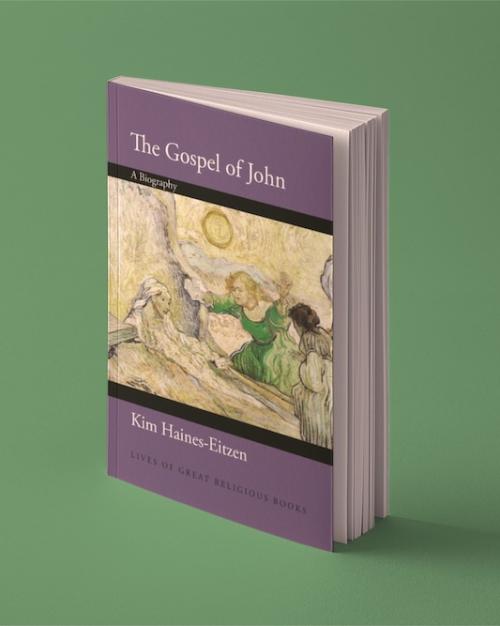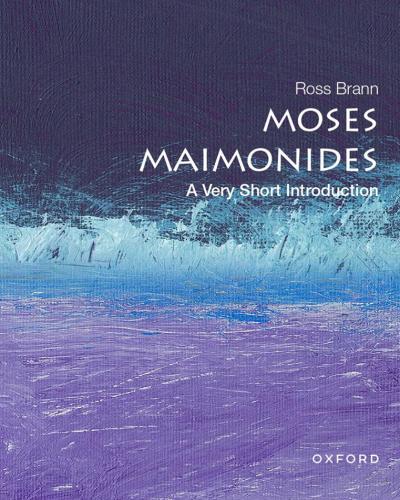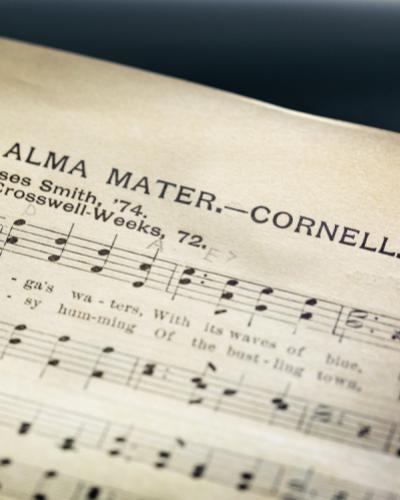View all NES course offerings. Be sure to check out our language classes in Arabic, Hebrew, Turkish, Persian and Yiddish which all fulfill the A&S language requirement.
New Courses
The U.S. and the Middle East (NES 2686)Lec.: MW 10:10-11 Disc.: Fridays
3 credits. R. Brann
This seminar examines the history of the United States' involvement with Middle East beginning with evangelical efforts in the 19th century and President Wilson's engagement with the colonial powers in the early 20th century during and after WWI. The discovery of vast Middle Eastern oil reserves and the retreat of the colonial powers from the region following WWII drew successive US administrations ever deeper into Middle Eastern politics. In due course, the US became entrenched in the post-colonial political imagination as heir to the British and the French especially as it challenged the Soviet Union for influence in the region during the Cold War. And that only takes the story to the mid-1950s and the Eisenhower administration. Our discussions will be based on secondary readings and primary sources as we interrogate the tension between realist and idealist policies toward the Middle East and trace how these tensions play out in subsequent developments including the origins and trajectory of the US strategic alliances with Israel, Saudi Arabia, Egypt, Jordan, and Turkey and conflict with Iran after the 1979 Islamic Revolution and the two Gulf Wars.
A Mediterranean Society and Its Culture (NES 3530)W 12:25-2:20
4 credits. R. Brann
This course examines the cultural and historical interaction of Muslims and Jews from the emergence of Islam in the seventh century through the classical age of Islam down to the turn of the thirteenth century. The intersection of the two cultures (scriptural, spiritual, intellectual, literary, communal, and interpersonal) and members of their respective religious communities will be studied through readings of primary texts (in translation). The course will conclude with some brief reflections on historical memory and the modern and contemporary significance of the two religious communities' interactions during the classical age of Islam.
Sensational Religion (NES 2276)MW 2:45-4:00
3 credits. K. Haines-Eitzen
This course explores the relationships between the senses (seeing, hearing, smelling, touching, and tasting), emotions (fear, happiness, sadness, etc.), and religion, especially religious practices and experience in history and our contemporary world. We begin by investigating how religious rituals engage the senses, asking questions like how and why is incense (and other smells) used in a variety of religious traditions? Why is sound/music such an important part of religious rituals throughout history? What does it mean to touch or taste a relic? We will consider how "feeling" and "experience" are produced by religious ritual and practice. We will also discuss controversial aspects of religious sensationalism: why does our contemporary media gravitate towards stories that "sensationalize" religion? Stories of violent fundamentalism and secretive religious societies grip our modern media and, it can be argued, also fueled much ancient discord and controversy about religious thought and practice. Our goal will be to look expansively across time periods and cultures as well as to focus more deeply on several case studies.
Of Interest
Magic, Medicine and Science in the Ancient Near East (NES 2599)TR 9:40-10:55. 3 credits. J. Mokhtarian.
The Vikings and Their World (NES 1660)TR 2:45- 4:00. 3 credits. O. Falk.
Aesthetics of Displacement (2008)TR 2:45-4:00. 3 credits.
Jewish Cities (NES 4520)R 2:40 -4:35. 4 credits. E. Sampson.
The Modern Middle East During the Long Nineteenth Century (NES 4542)R 2:40-4:35. 4 credits. M. Minawi.
Utopia Lost? Failure and its Aftermath (NES 4663)T 11:20-1:15. 4 credits.




